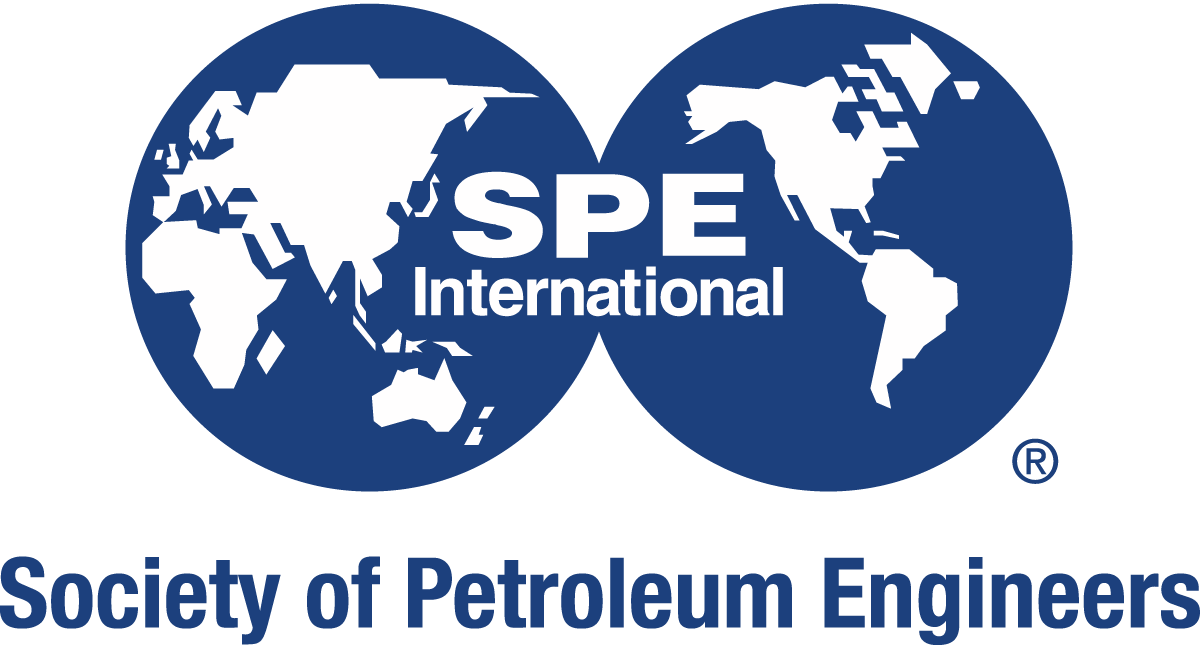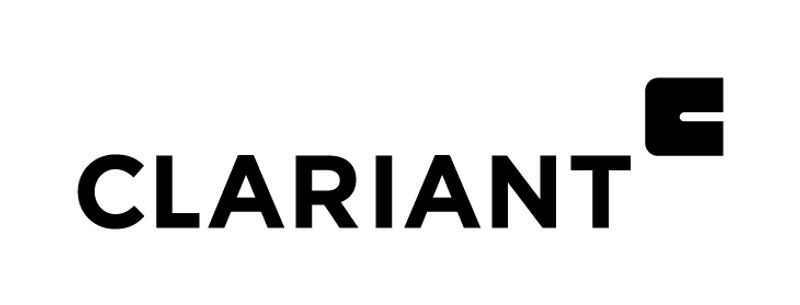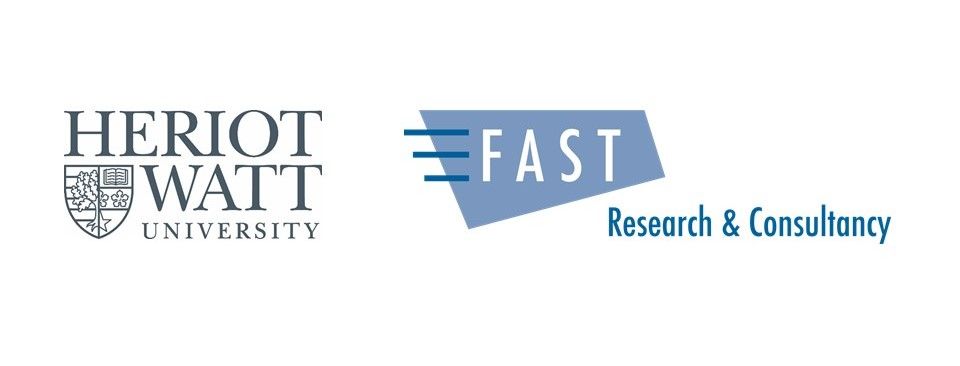Case Histories Part 2
Overcoming scaling challenges in oilfields goes way beyond bottle testing of scale deposition at laboratory. An effective scale management program involves consideration of a vast array of other operating parameters, including completion and stimulation methods, operation restriction factors, commingling scenarios, well temperature and pressure profiles, etc. In this case histories (part 2) session, researchers from academia, oil-producers, and service companies, will share their recent findings regarding how the field scaling risks would be impacted by EOR polymer flooding, altered brine chemistries from representative wells in a field, and even the same wells during different producing stages. The insights gained from these field cases brings incredible values to the industry for a deeper understanding of the scaling risks in the operation and a better chance for the design optimization.
0900-0930: Invited Presentation - The Role of Carbonate Scale Formation in the Mechanism of Calcium – HPAM Binding and Polymer Fouling - Kenneth Sorbie, Heriot-Watt University; Giulia Ness, Flow Confidimus; Amarnath Kumar, Cairn India
0930-1000: SPE-218718 - Well Plugging Study from Inorganic Scale Viewpoint for an Offshore Seawater Flooded Oil Field - Ying Xu, Si Peng, Bing Zhang, Jay Locklear, ConocoPhillips; Jv Zheng, Yanxu Zhang, Xianghui Dai, Wentao Li, Pengbo Operating Company (PBOC)
1000-1030: SPE-218719 - MSEverest Well ET-14z: The Complexity of Produced Water Production Revealed - Ross McCartney, Oilfield Water Consultants Limited; Kevin Angus, Peter Wood, Harbour Energy plc
Alternate: SPE-218720 - Subsea Pelican Oil Field Scale Managment and Production Enhancement - Mikayil Garayev, Charles Adoga, TAQA Group
Alternate: SPE-218721 - Observed Impacts of Evaporation and Condensation on Scale and Monitoring as the Industry Drills Deeper and Hotter - Kevin Spicka, ChampionX





.jpg)


